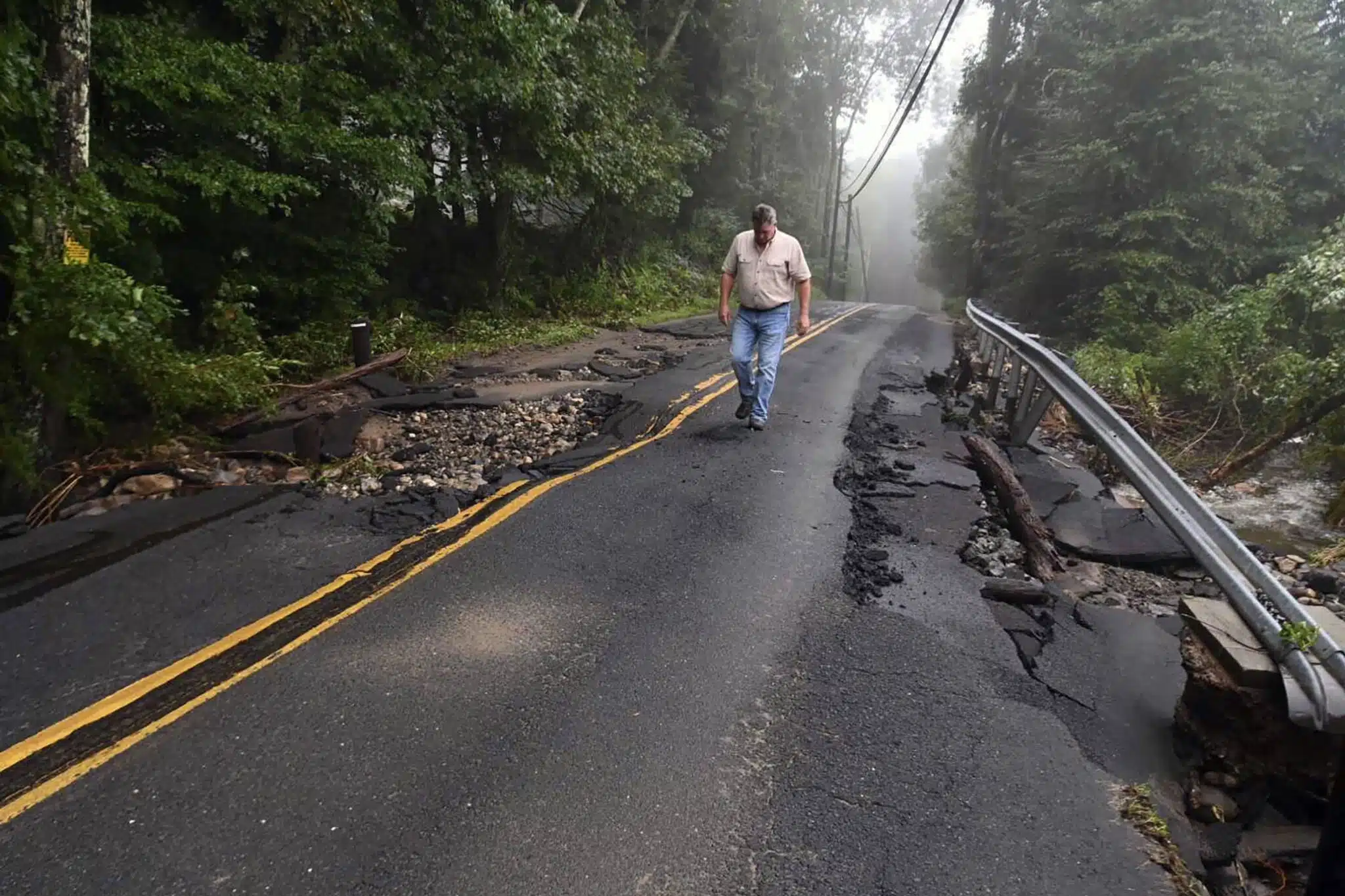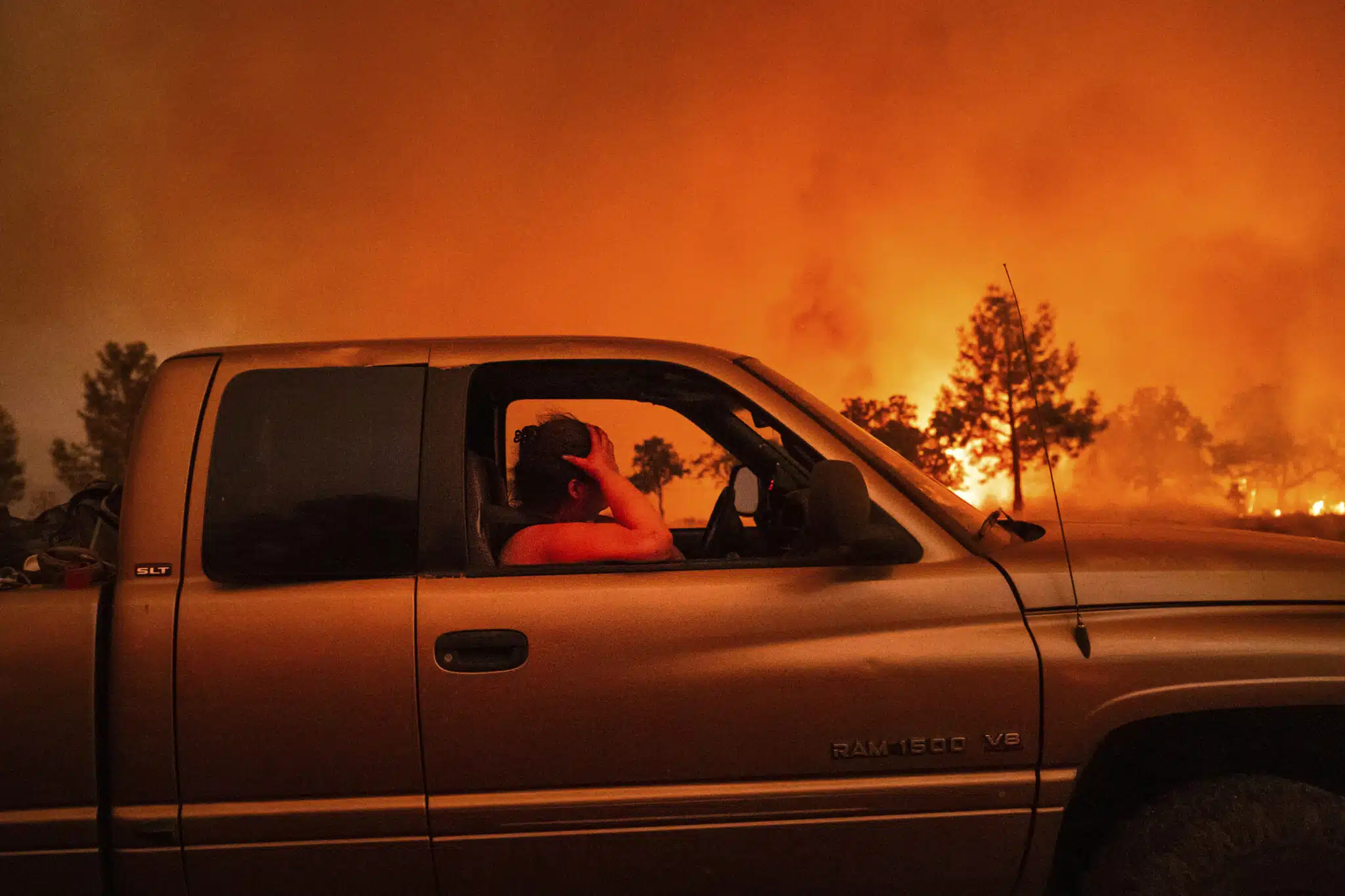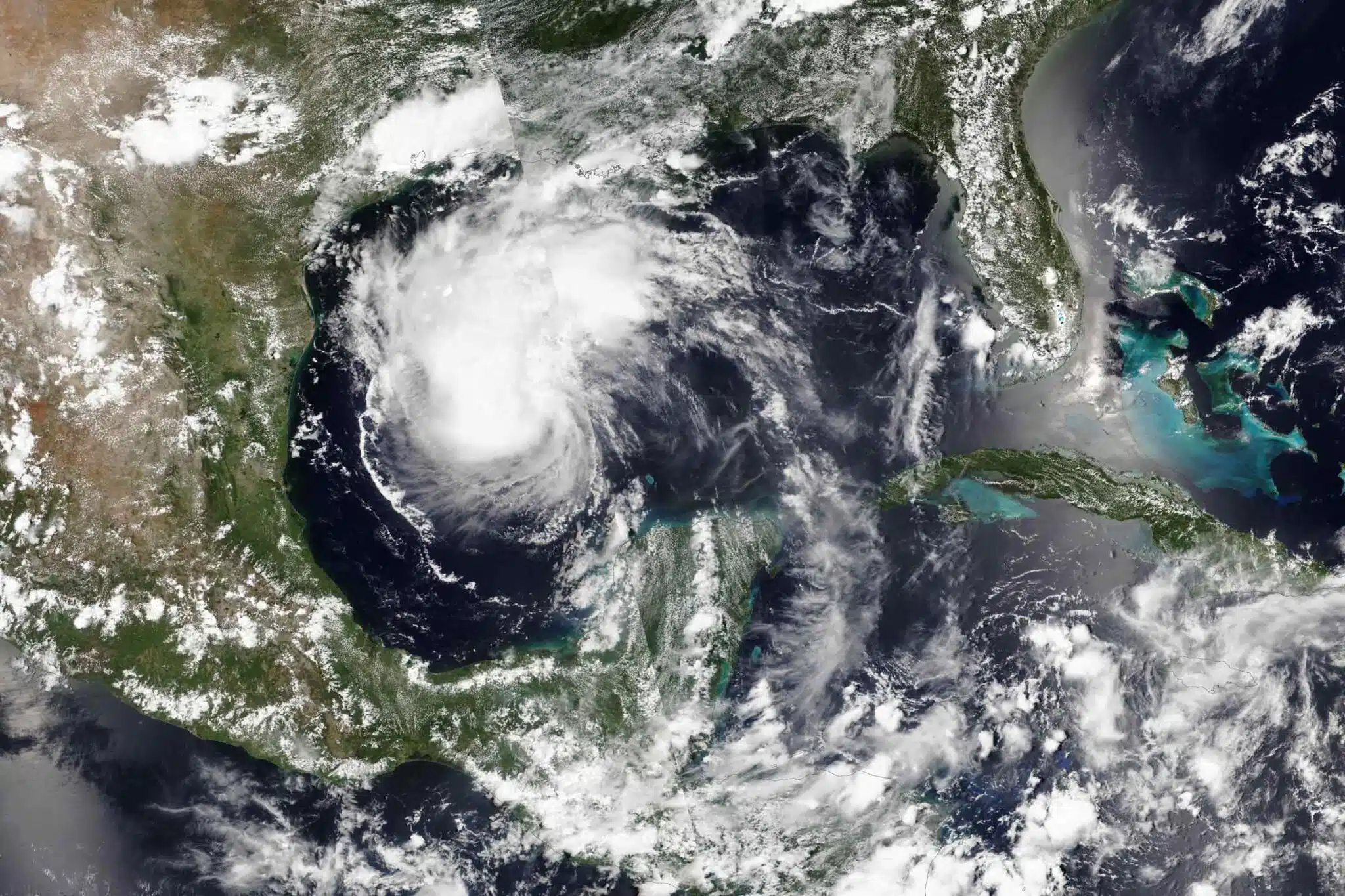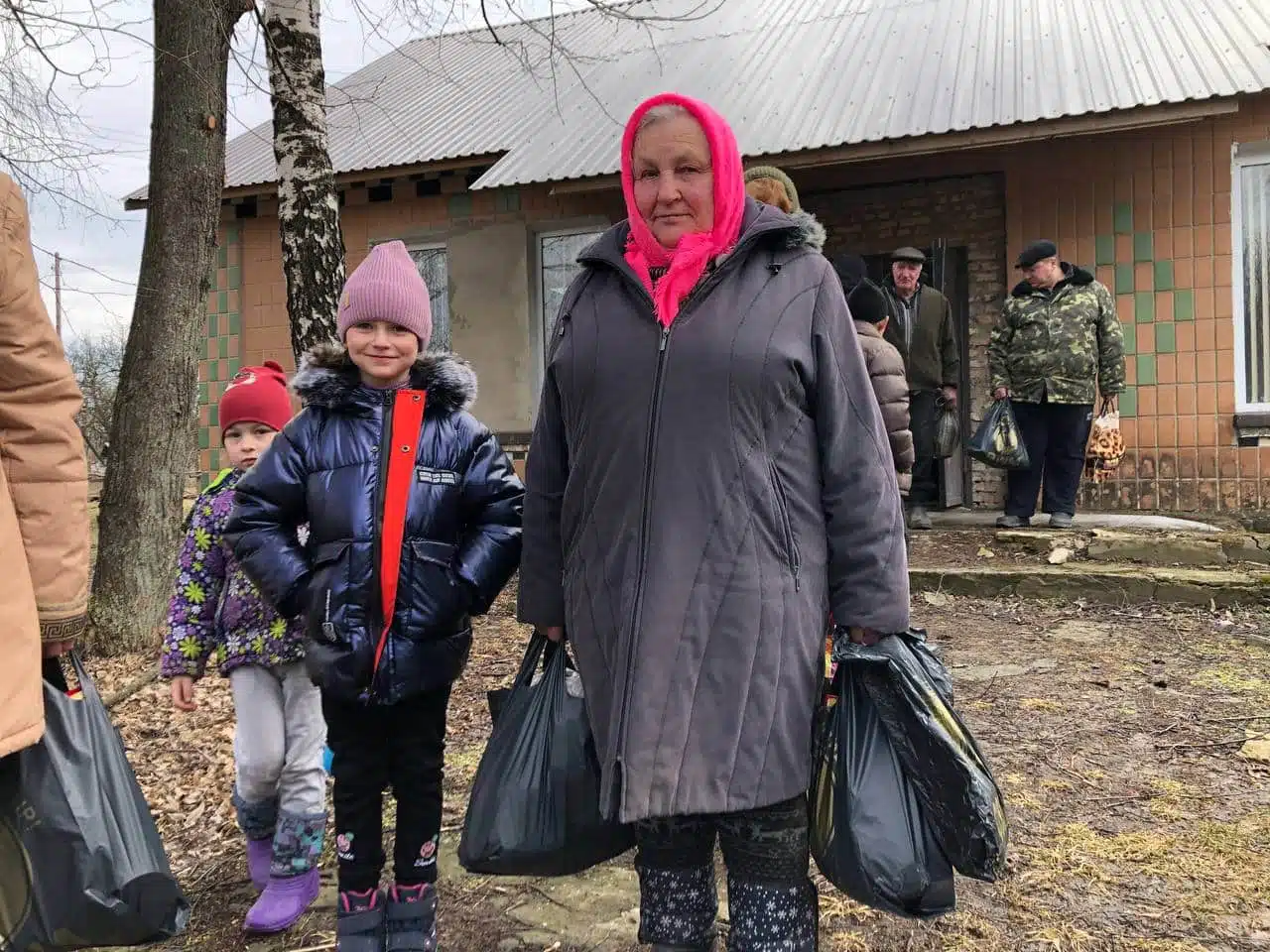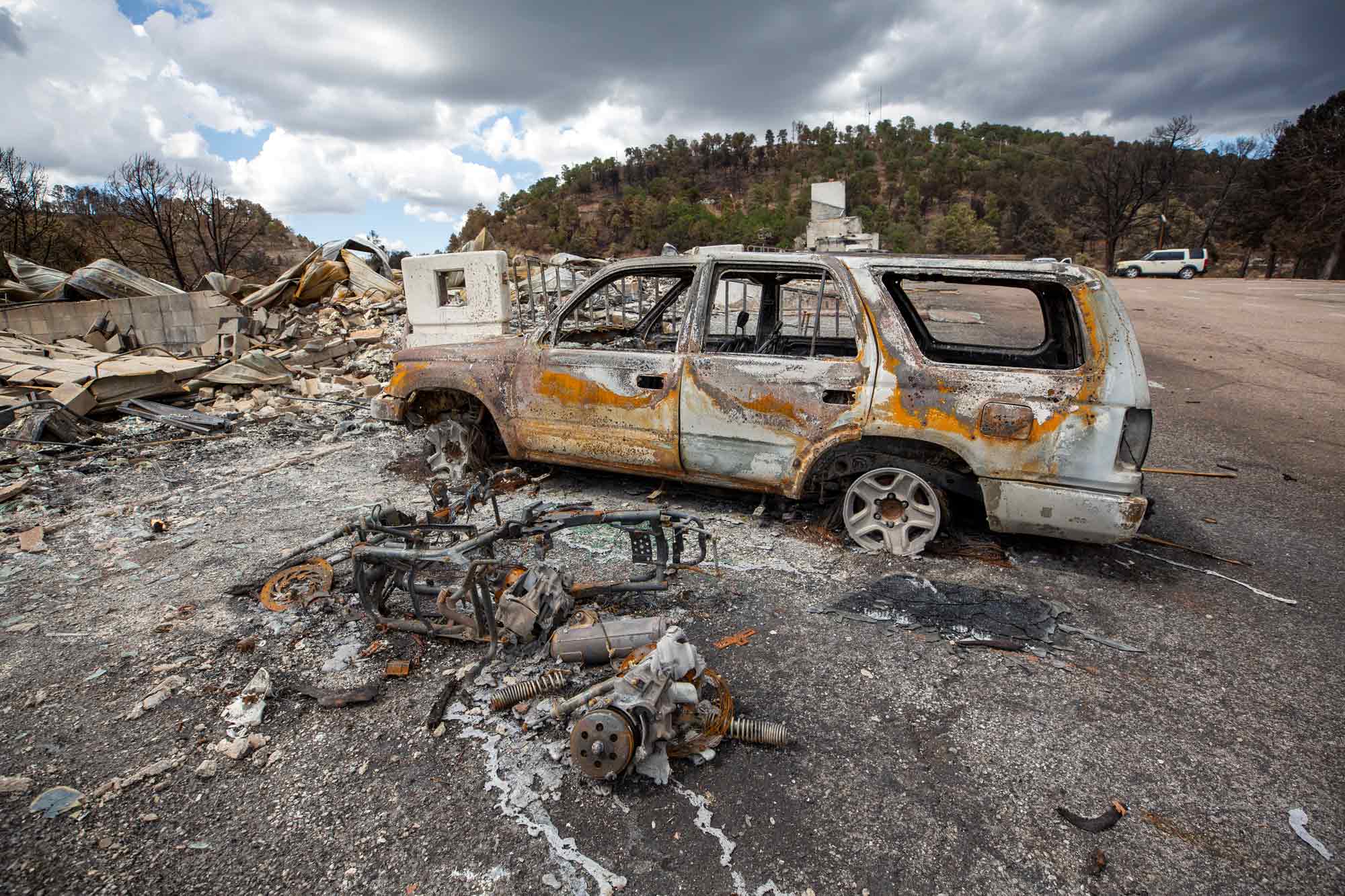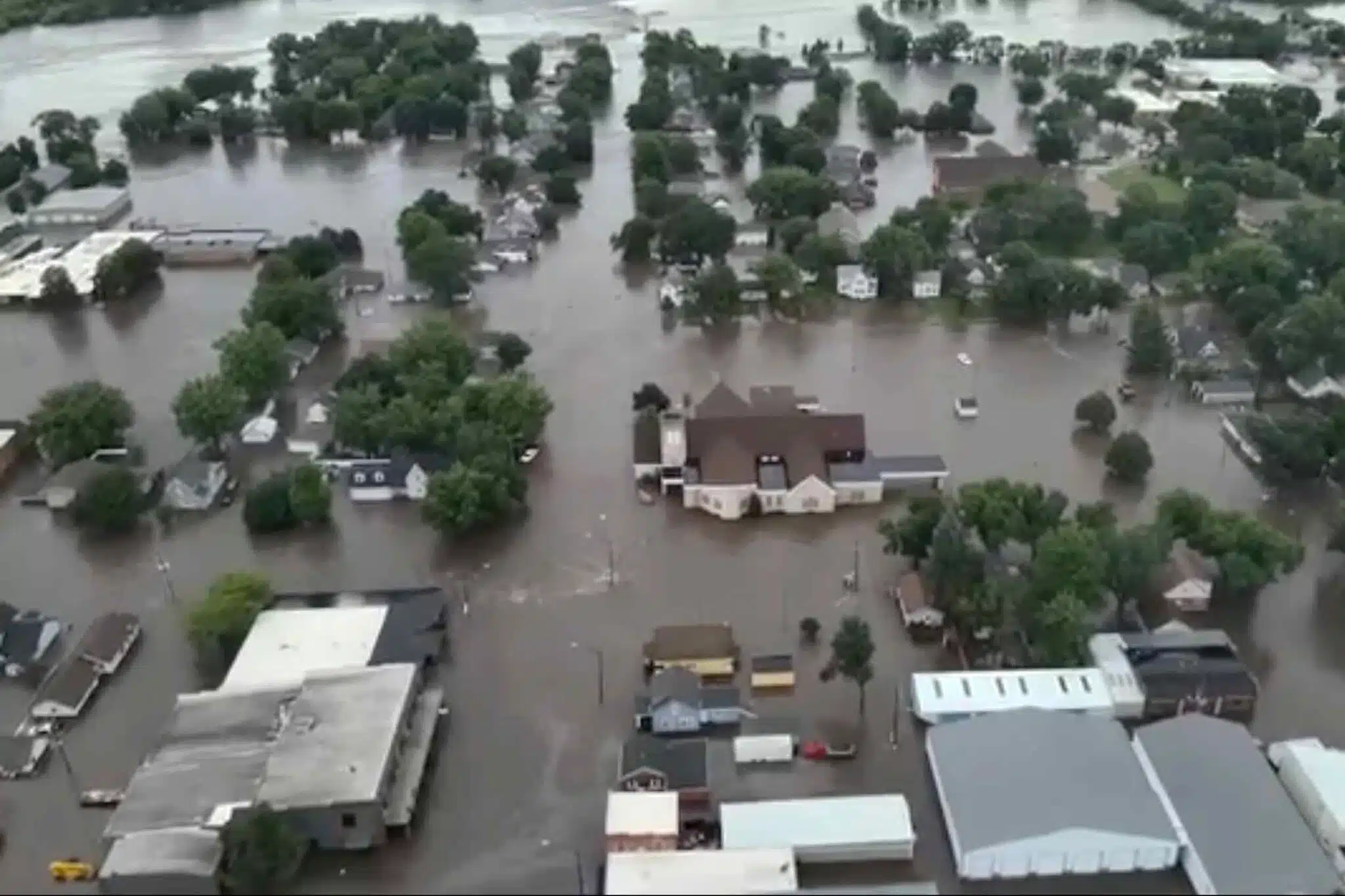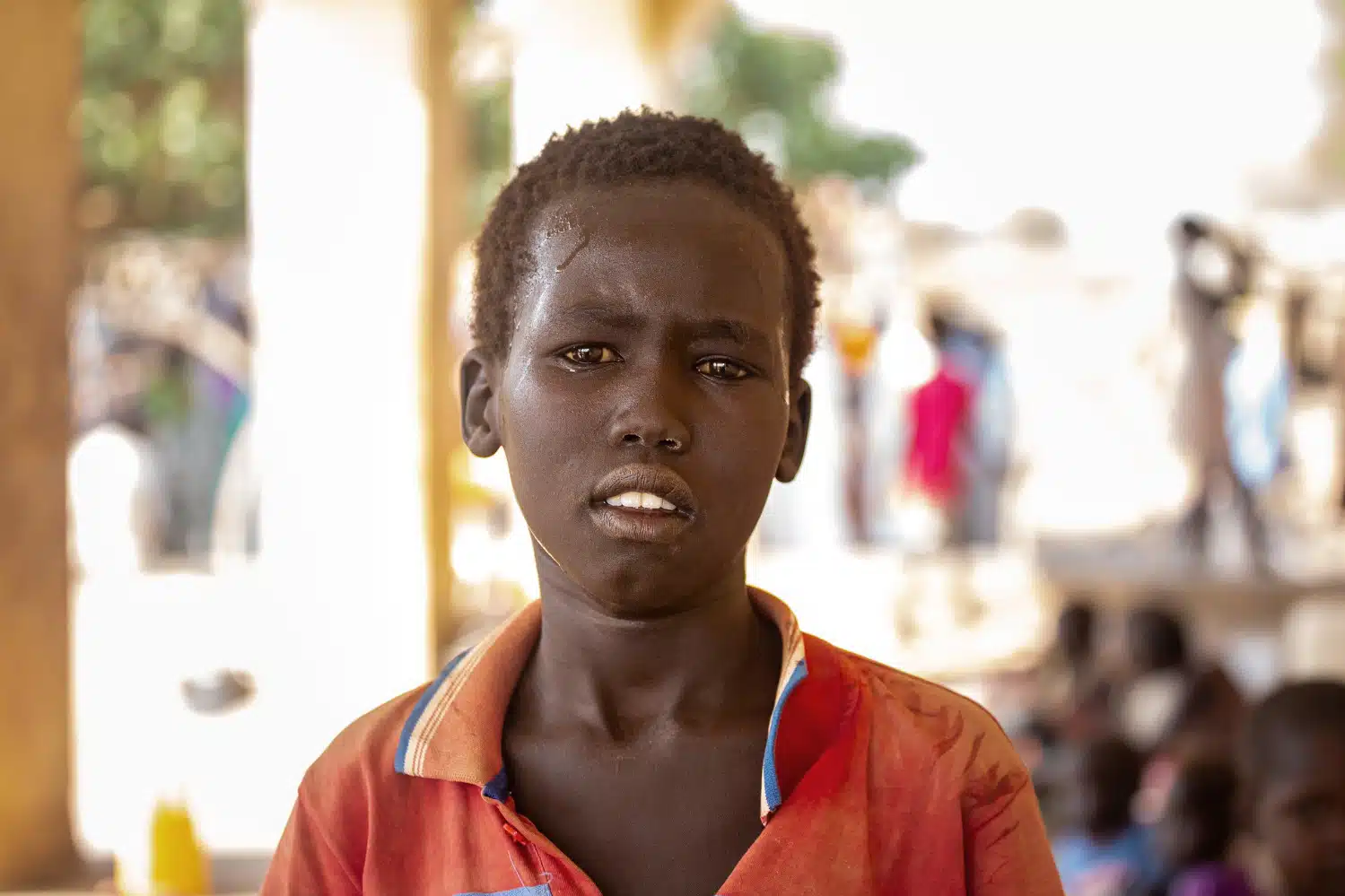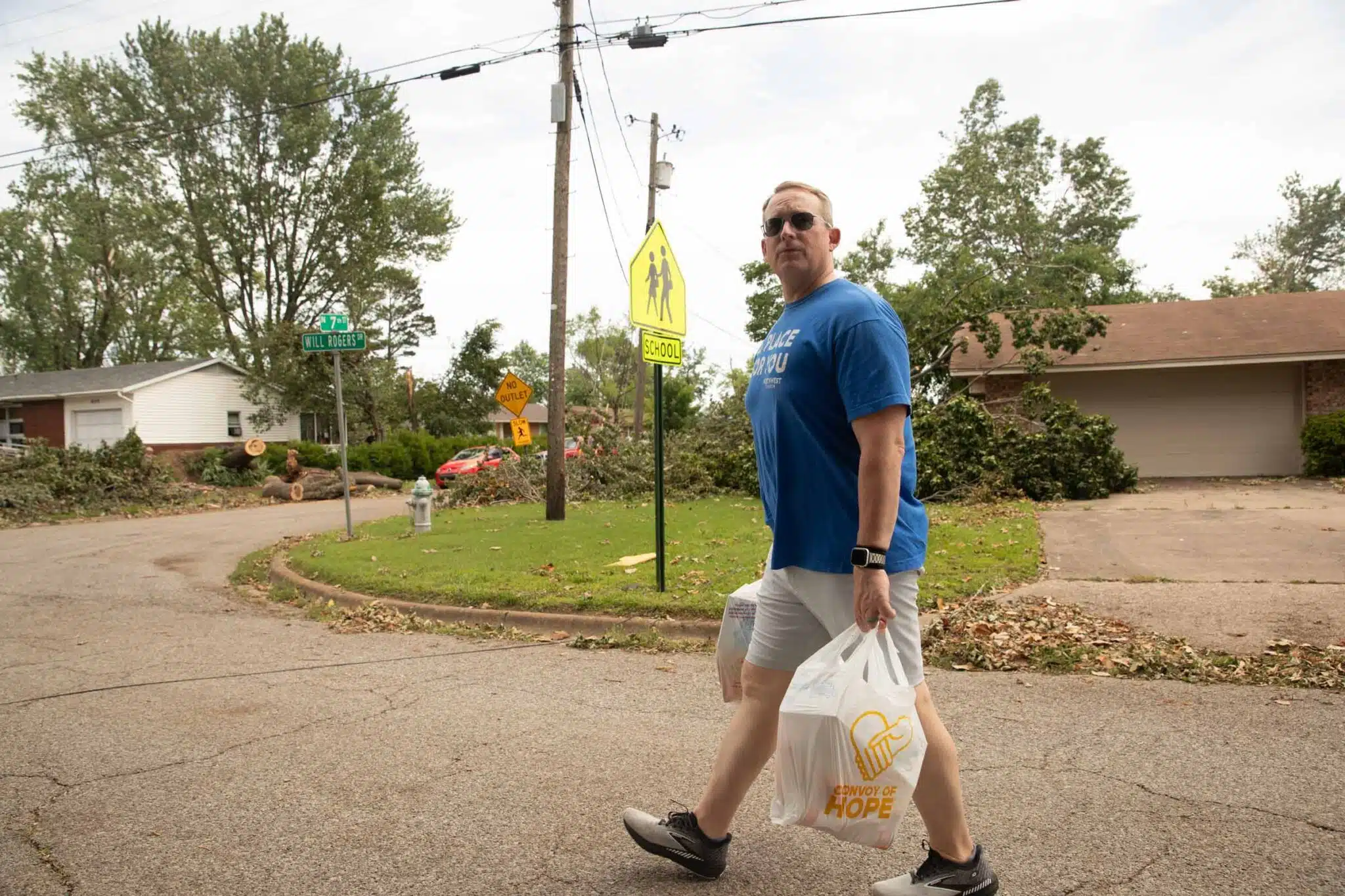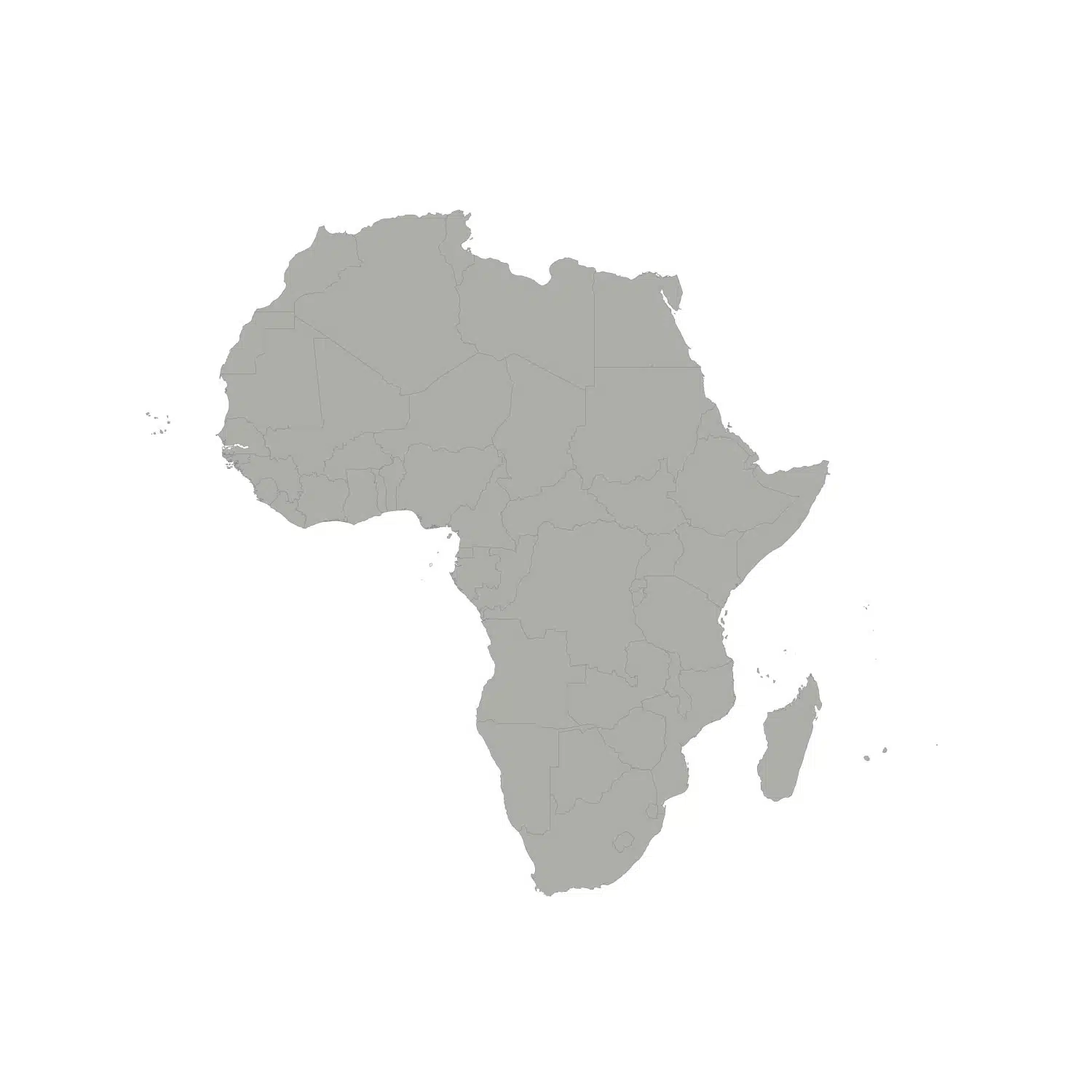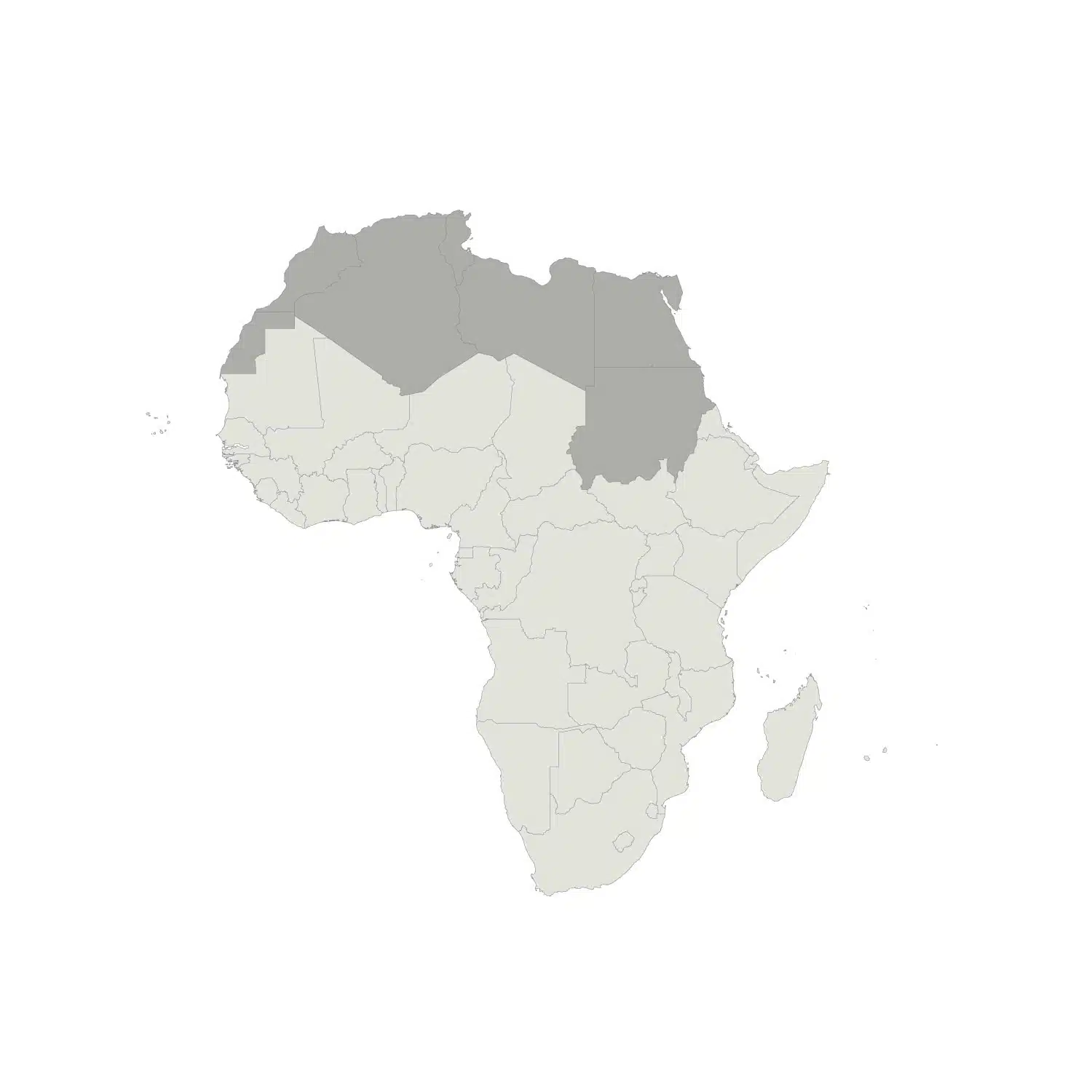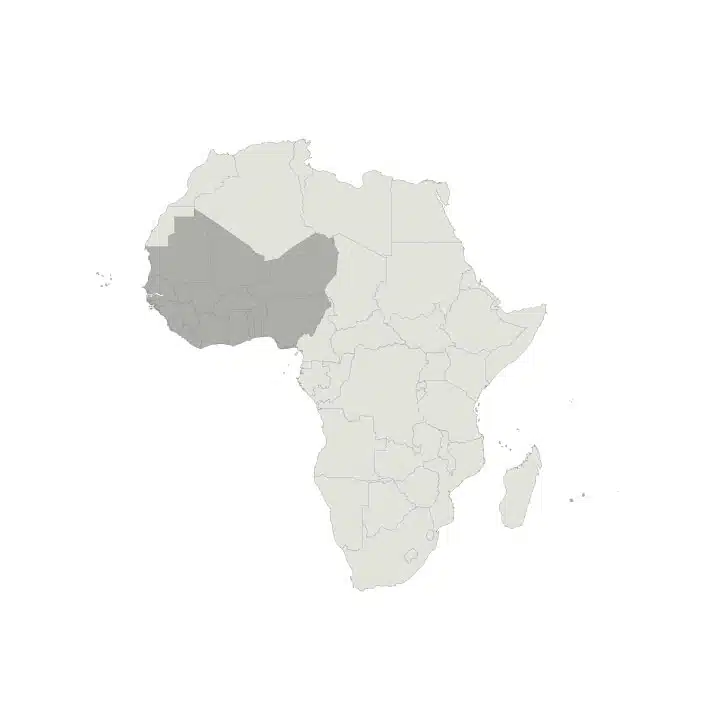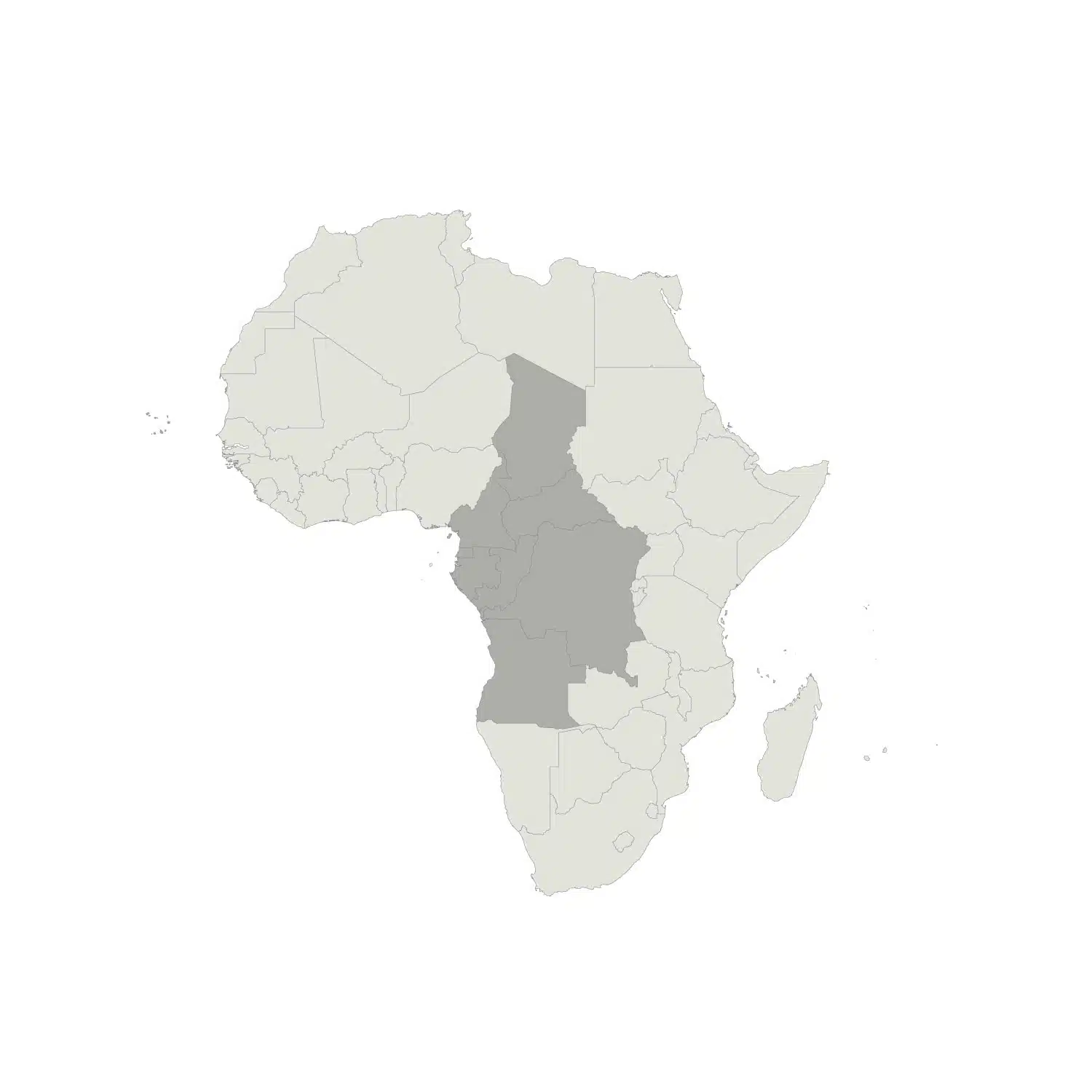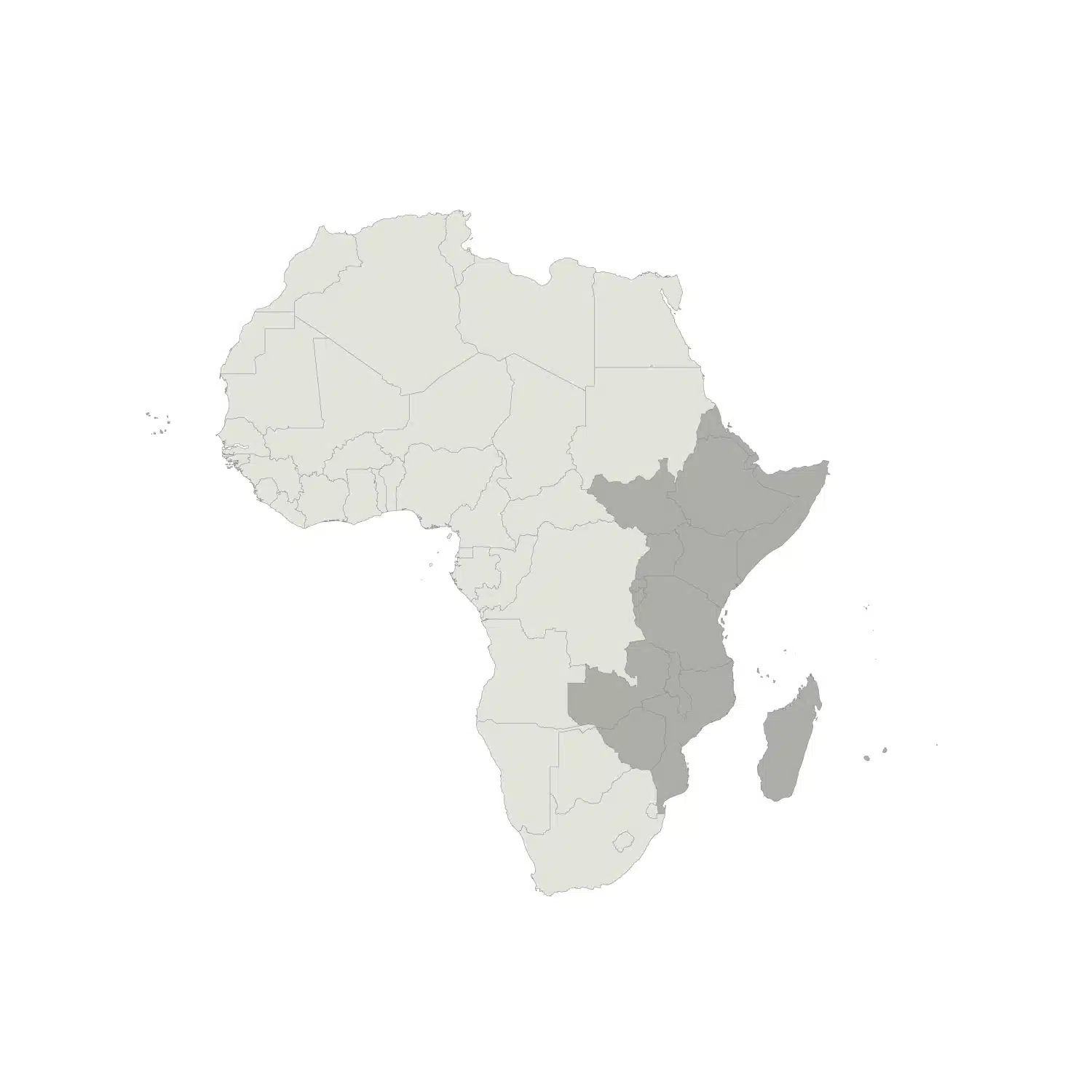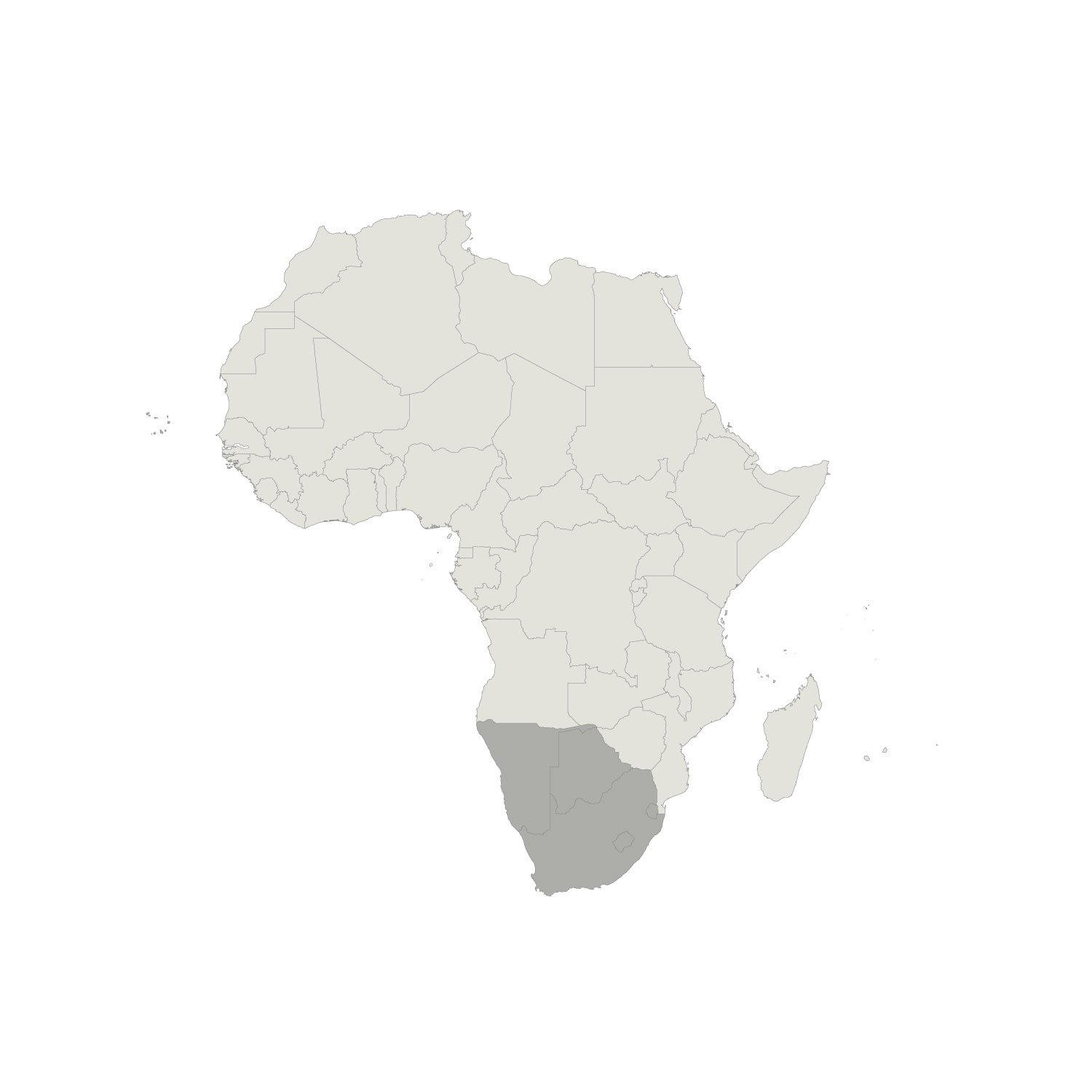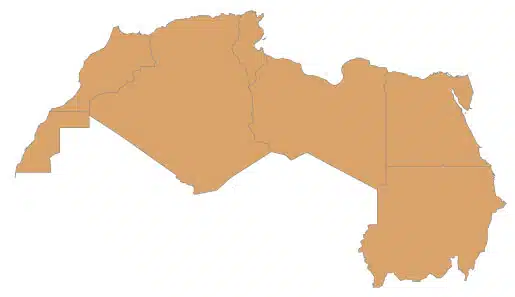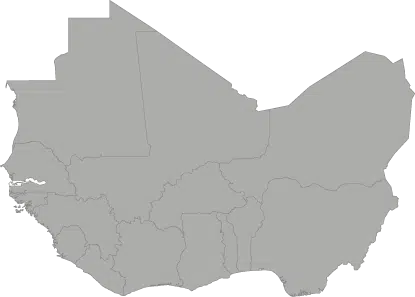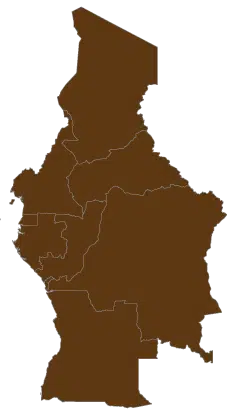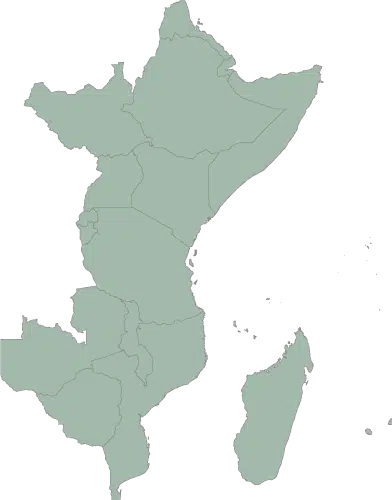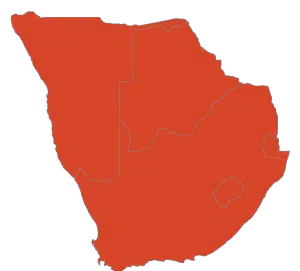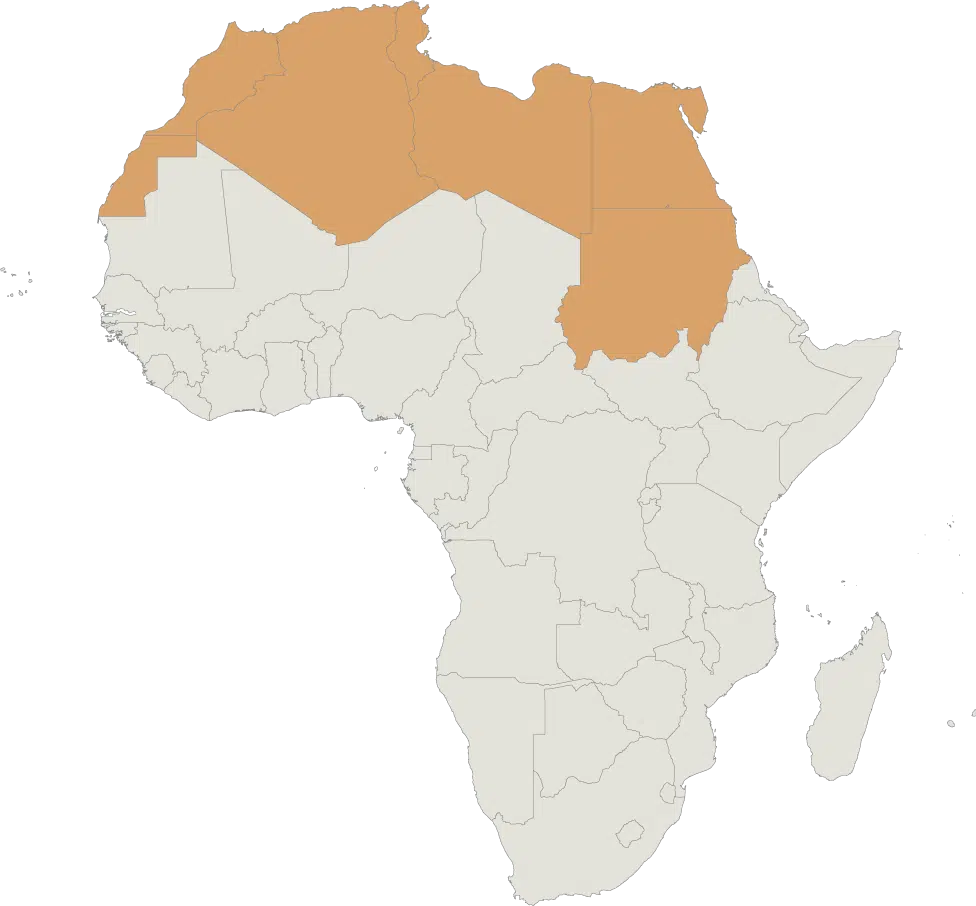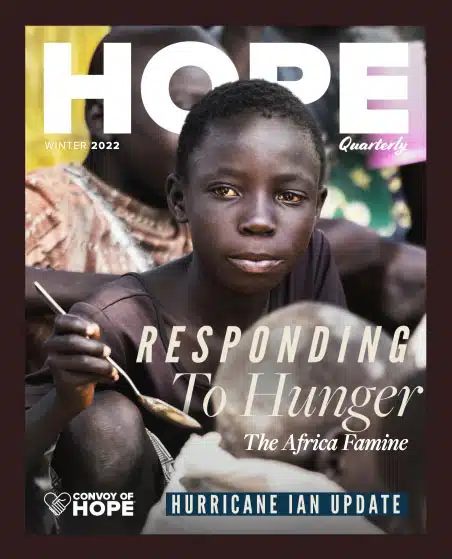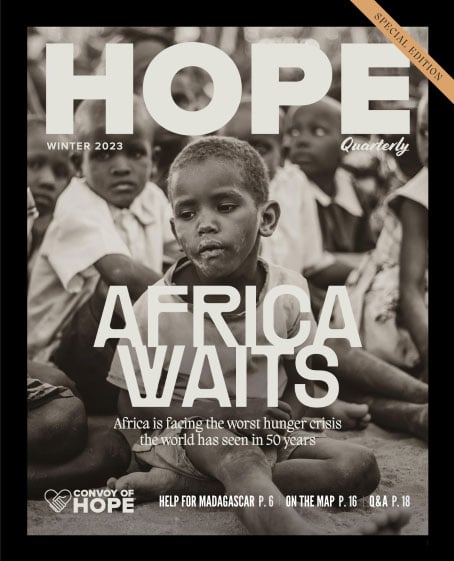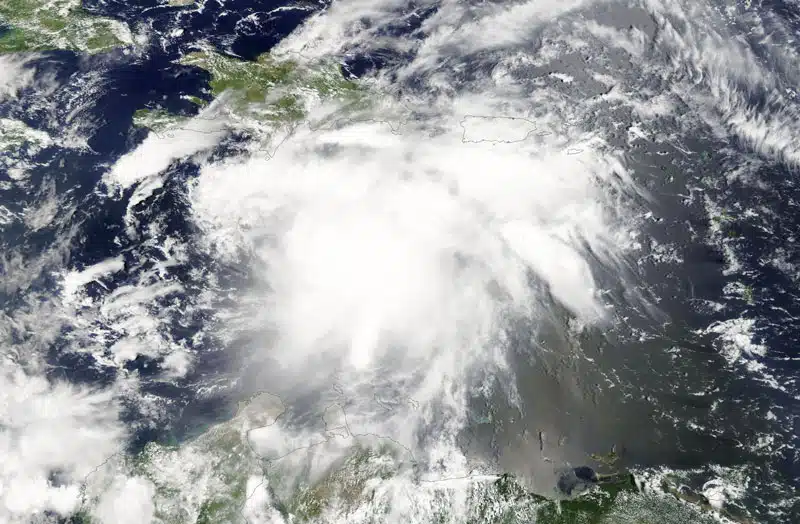Africa is a continent teeming with life, encompassing a vast history, and offering breathtaking landscapes.
From the vast Sahara Desert in the north to the lush savannas of the south, Africa’s diversity is as immense as its size.
This article will take you on a journey through each of Africa’s five regions — North, West, Central, East, and South — and offer over 60 amazing, unusual, unknown, and fun facts about Africa’s land, its people, and its wildlife.
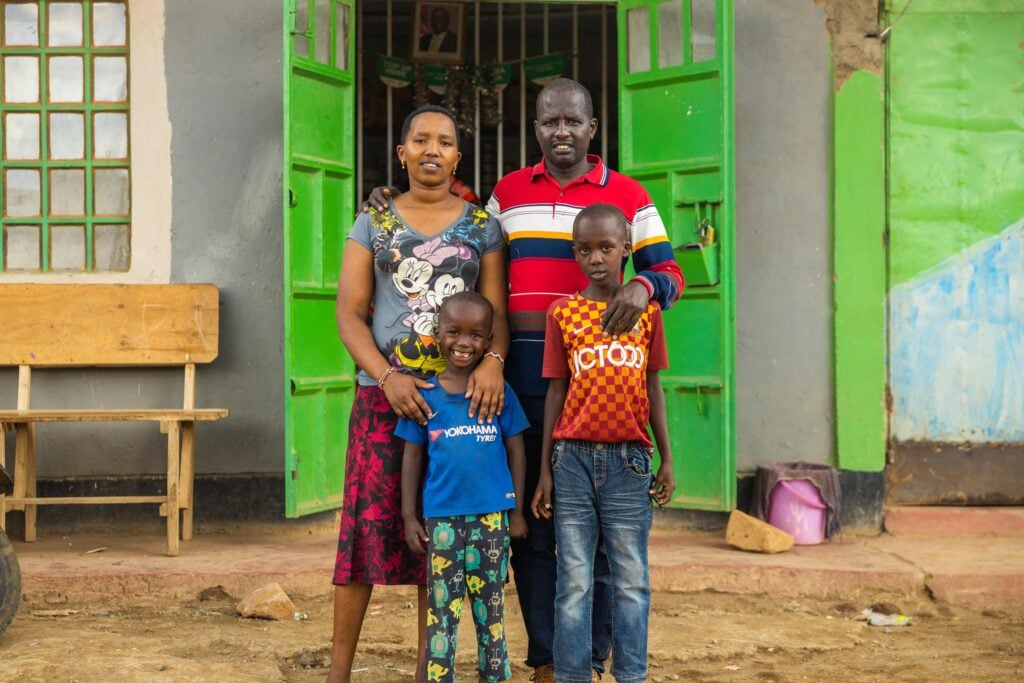
Jump to Section
As we explore these regions, we’ll also highlight some of the impactful work of Convoy of Hope — a nonprofit organization on a mission to drive away the darkness of poverty and hunger.
Convoy of Hope has been supporting communities across Africa for decades. From providing clean water and nutritious food to empowering women and educating children, Convoy of Hope is making a difference in the lives of many.
By the end of this article, we hope you’ll not only have learned more about Africa, but you’ll also be inspired to partner with us in bringing hope and help to those in need.
So, let’s embark on this journey together and discover how you can make a meaningful impact in Africa.
14 Interesting Facts About Africa
1. Africa is the second-largest continent in the world, covering more than 11.7 million square miles, which is about 20% of the Earth’s total land area.
2. The Sahara Desert, the largest hot desert in the world, spans 11 African nations in North Africa, including Algeria, Chad, and Sudan.
3. Mount Kilimanjaro in Tanzania is the highest mountain in Africa, standing at 19,341 feet above sea level.

Watch Sophie’s story to see how Convoy of Hope has trained and equipped women in Africa to start their own businesses.
4. The Horn of Africa, including countries like Ethiopia, Somalia, and Djibouti, is one of the most drought-prone regions in the world.
5. The Congo River is the deepest river in the world, reaching depths of up to 720 feet.
6. Lake Victoria, located between Tanzania, Uganda, and Kenya, is the largest lake in Africa by area (26,600 square miles) and the second-largest freshwater lake in the world.
7. Victoria Falls, located on the border between Zambia and Zimbabwe, is one of the largest and most famous waterfalls in the world. Known locally as “Mosi-oa-Tunya,” or “The Smoke That Thunders,” the falls send an average of 38,000 cubic feet of water per second plummeting 355 feet to the rocks below.
8. One interesting fact about the River Nile in Africa is that it is the longest river in the world — flowing over 4,100 miles north through northeastern Africa, eventually emptying into the Mediterranean Sea from Egypt.
9. Africa has the largest number of megafauna species (large animals) in the world, including elephants, rhinos, hippos, and giraffes.
10. African lions, often called the “king of the jungle,” are mostly found in the savannas, or grasslands, of Africa. The majority live in Tanzania and South Africa.
11. The African wild dog, also known as the painted wolf, is one of the most endangered carnivores in Africa, with fewer than 6,000 individuals left in the wild.
12. Rwanda, known as the “land of a thousand hills,” is one of the few places in the world where you can see mountain gorillas in their natural habitat.
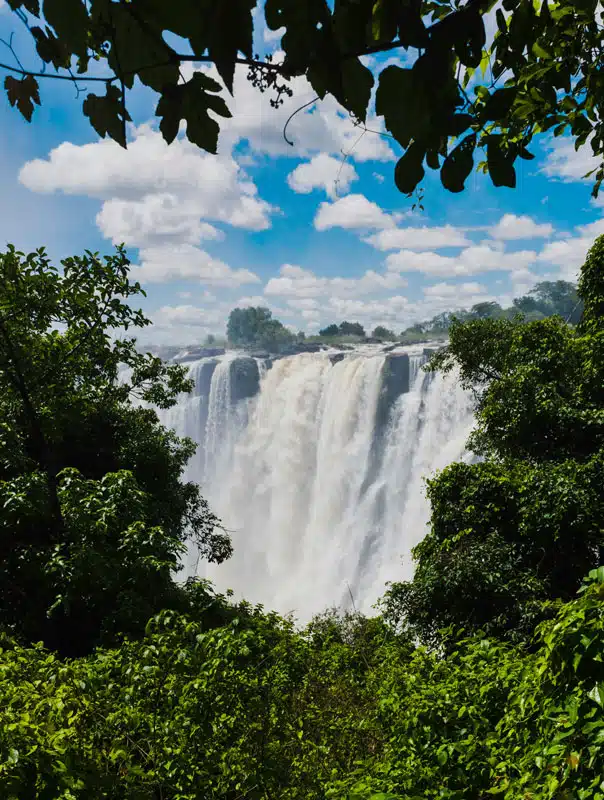
13. Ethiopia is the birthplace of coffee, with the coffee plant originating in the region of Kaffa.
14. The Great Rift Valley, which stretches from Lebanon to Mozambique, is one of the most significant geographical and geological features on the planet.
Help Solve the Greatest Hunger Crisis in 50 Years
Over the next few years, Convoy of Hope will increase our activities across more than a dozen African countries to help those in need become the architects of their own solutions.
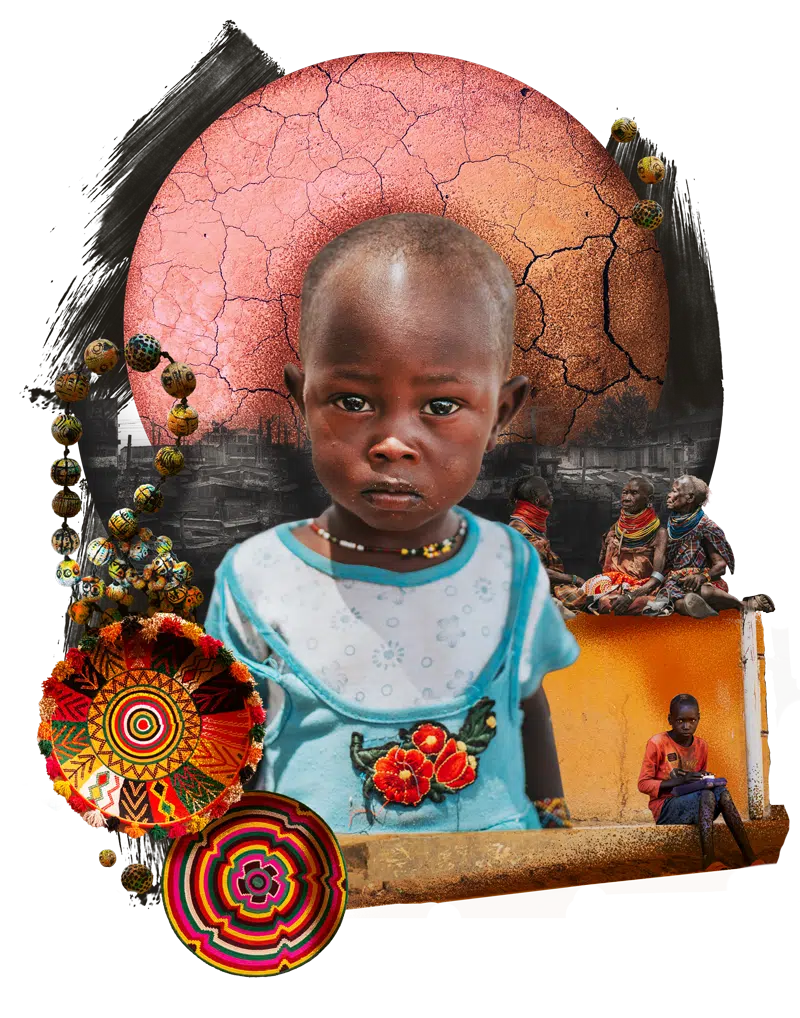
The 5 Regions of Africa
Africa is a vast continent divided into five main regions — North, West, Central, East, and South — each with its own distinct geography, culture, and history.
Each of these regions contributes to Africa’s incredible diversity, offering unique experiences and insights into the continent’s rich heritage.
Fun Facts About North Africa (Top 8)
North Africa is characterized by its deserts and Mediterranean coastlines, including countries like Egypt, Libya, Tunisia, Algeria, and Morocco.
This region is known for its ancient Egyptian civilizations.
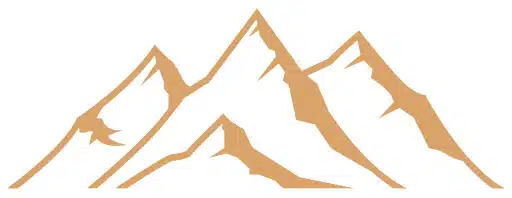
1. The Atlas Mountains stretch across Morocco, Algeria, and Tunisia, providing a stunning backdrop to the landscape of Northern Africa.
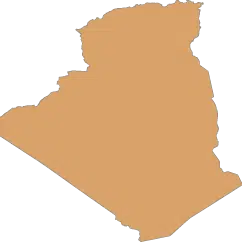
2. Algeria is the largest country in Africa by land area and the 10th largest in the world.

3. The Nile Delta in Egypt is one of the world’s largest river deltas, encompassing more than 140 miles of the Mediterranean coastline.

4. Libya (Arabic, Jamahiriya) is mostly covered by the Sahara Desert, with 90% of its land being desert.

5. Morocco is home to the oldest university in the world, the University of Al-Quaraouiyine, founded in A.D. 859 in the city of Fez.

6. The pyramids of Meroe in Sudan are older than those of ancient Egypt and were built by the Kingdom of Kush.

7. Tunisia is home to the ancient city of Carthage, a United Nations Educational, Scientific, and Cultural Organization (UNESCO) World Heritage site.
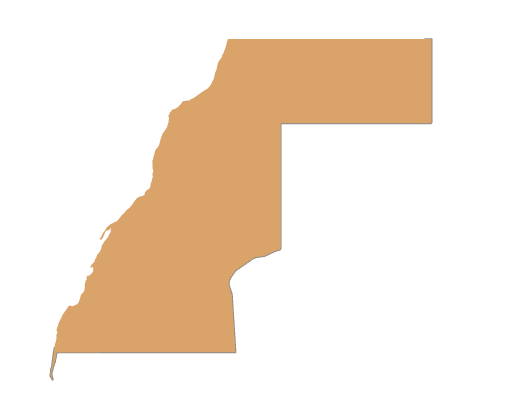
8. Western Sahara is a disputed territory in North Africa, with its status unresolved between Morocco and the Sahrawi people.
Fun Facts About West Africa (Top 14)
West Africa is a culturally rich area with countries such as Nigeria, Ghana, Senegal, Côte d’Ivoire, and Mali.
This region is known for its diverse ethnic groups, vibrant music, and historical trade routes.

1. Benin is home to the Royal Palaces of Abomey. These palaces were the residence of the powerful kings of the Dahomey Kingdom, which ruled from 1625 to 1900.

2. Burkina Faso means “land of incorruptible people” in the Mossi language.

3. Cape Verde’s Pico do Fogo is an active stratovolcano, the highest point in Cape Verde, standing at 9,281 feet.

4. Ivory Coast, or Côte d’Ivoire, is the world’s largest producer of cocoa beans, supplying about 40% of the world’s cocoa.

5. The Gambia is the smallest country in mainland Africa, surrounded by Senegal except for its coastline on the Atlantic Ocean.

6. Ghana was the first African country to gain independence from colonial rule in 1957.

7. Guinea is rich in minerals and is one of the world’s top producers of bauxite, the main source of aluminum.
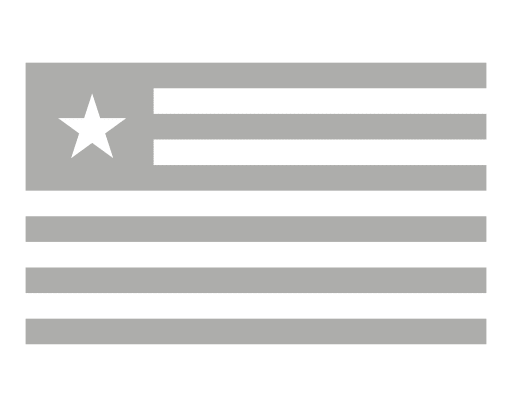
8. Liberia was founded by freed American slaves in 1847 and is Africa’s oldest republic.
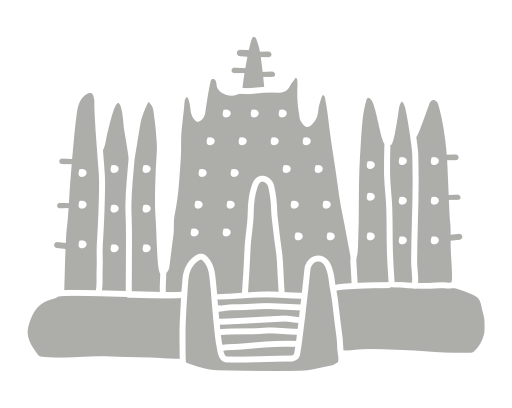
9. Mali is home to Timbuktu, an ancient city that was once a center of learning and trade in the Islamic world.

10. Mauritania’s Richat Structure, also known as the Eye of the Sahara, is a geological formation that can be seen from space.

11. Niger is named after the Niger River, the third-longest river in Africa.

12. Nigeria is the most populous country in Africa, with over 200 million people. It also contains the largest city in Africa, Lagos, with more than 9 million urban residents.

13. Senegal’s capital city, Dakar, is the westernmost point on the African continent.

14. Sierra Leone is known for its diamonds, often referred to as “blood diamonds” due to the conflicts fueled by their trade.
Fun Facts About Central Africa (Top 6)
Central Africa encompasses countries like the Democratic Republic of Congo, Cameroon, Gabon, Central African Republic, and Chad.
It is known for its dense rainforests, particularly in the Congo Basin, and vast natural resources.

1. Cameroon’s Mount Cameroon is one of Africa’s most active volcanoes, erupting regularly over the past centuries.

2. The Central African Republic is home to the Dzanga-Sangha National Park, which is known for its population of forest elephants and western lowland gorillas.

3. Chad is home to Lake Chad, which was once one of Africa’s largest freshwater lakes but has significantly shrunk in recent years.

4. The Congo Basin is the second-largest rainforest in the world, after the Amazon, and is home to an incredible diversity of species.

5. Equatorial Guinea is the only African country where Spanish is an official language.

6. Gabon’s Ivindo National Park is home to some of Africa’s most pristine rainforests and spectacular waterfalls.
Fun Facts About East Africa (Top 13)
East Africa includes countries like Kenya, Tanzania, Uganda, Ethiopia, and Somalia.
This region is famous for its stunning landscapes, including the Great Rift Valley, Mount Kilimanjaro, and wildlife-rich savannas.
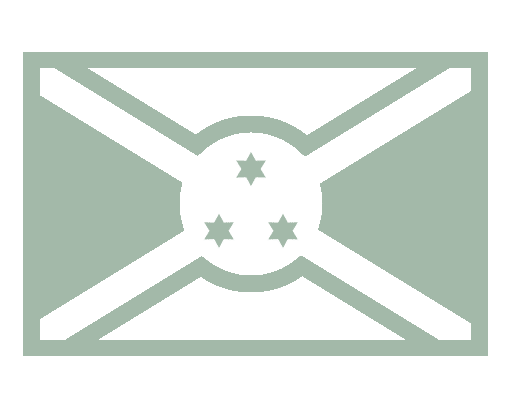
1. Burundi is one of the most densely populated countries in Africa.

2. Comoros is a volcanic archipelago off the east coast of Africa, known for Karthala Volcano — one of the most active volcanoes in the world.

3. Djibouti is located at the junction of the Red Sea and the Gulf of Aden, making it a key global shipping lane.

4. Eritrea’s Dahlak Archipelago consists of over 200 islands, many of which are uninhabited and surrounded by coral reefs.

5. South Sudan, which gained independence from Sudan in 2011, is the newest country in the world.

6. Ethiopia is one of the oldest countries in the world, with a history that dates back to 400 B.C. It’s also the only African country never to have been colonized, except for a brief Italian occupation during World War II.

7. Kenya’s Maasai Mara and Tanzania’s Serengeti National Park are famous for the Great Wildebeest Migration, where over 1.5 million wildebeest, along with thousands of zebras and gazelles, migrate annually in search of greener pastures.

8. Madagascar, the fourth-largest island in the world, is home to about 5% of the world’s plant and animal species, with over 80% of them unique to the island.

9. Rwanda is one of the cleanest East African countries, partly due to a ban on plastic bags.
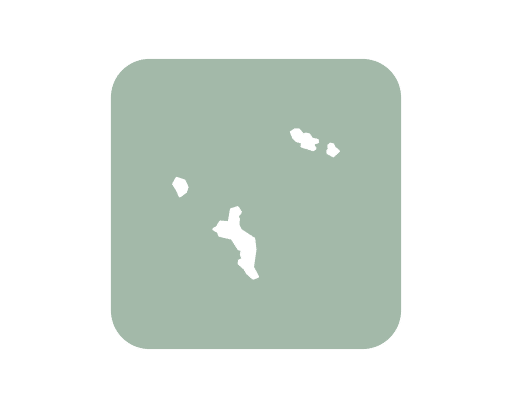
10. Seychelles, an archipelago of 115 islands in the Indian Ocean, is known for its stunning beaches and nature reserves.

11. Somalia’s Laas Geel cave paintings are some of the oldest in Africa, dating back over 5,000 years.

12. Zanzibar, part of Tanzania, is known for its spice production, particularly cloves.

13. Uganda is known as the “Pearl of Africa” due to its stunning natural beauty and biodiversity.
Fun Facts About South Africa (Top 8)
Southern Africa is home to countries such as South Africa, Zimbabwe, Zambia, Botswana, and Namibia.
This region is known for its diverse ecosystems, including the Kalahari Desert, the Okavango Delta, and Victoria Falls.

1. Angola is one of Africa’s largest oil producers, with oil accounting for more than 90% of its exports.

2. The Tsodilo Hills in Botswana are a UNESCO World Heritage site, famous for their ancient rock art.

3. Eswatini (formerly Swaziland) is home to Hlane Royal National Park, offering some of the largest herds of game in the kingdom, including elephants, rhinos, and lions.
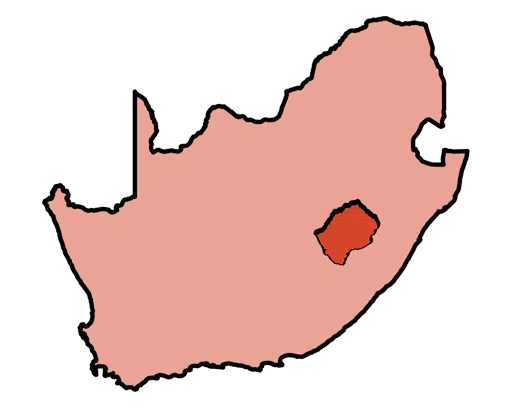
4. Lesotho is an enclave, meaning it is entirely surrounded by South Africa.

5. Malawi is known as the “Warm Heart of Africa” due to the friendliness of its people.

6. Mozambique has one of the longest coastlines in Africa, stretching about 1,600 miles along the Indian Ocean.

7. Namibia’s Namib Desert is considered the oldest desert in the world.

8. Zambia’s Kariba Dam on the Zambezi River is one of the largest dams in the world by volume (more than 1.3 million cubic yards).
Next Steps
As we’ve journeyed through 63 interesting and cool facts about Africa, it’s clear that this continent holds a wealth of natural beauty, cultural richness, and historical significance. Yet, amid the wonders, there are challenges that many African communities face daily.
Convoy of Hope is committed to addressing these challenges by providing essential resources, promoting sustainable development, and empowering individuals to build brighter futures.
Now that you’ve gained a deeper understanding of Africa, we invite you to join us in making a difference. You can learn more about Convoy’s commitment to serving communities in Africa below.
By partnering with Convoy of Hope, you can help bring hope, support, and tangible change to the people of Africa. Together, we can transform lives and create a lasting impact across this incredible continent.
